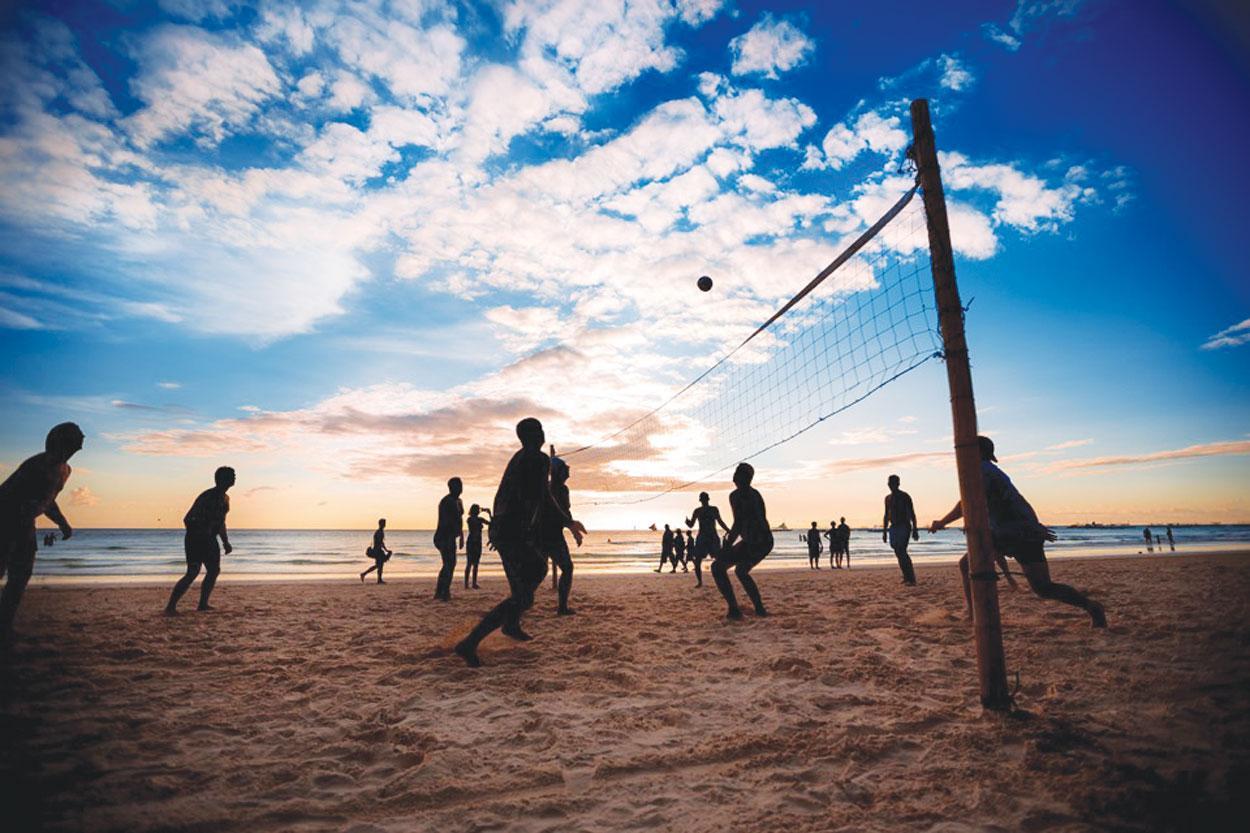Africa-Press – Mauritius. It is fashionable to celebrate the champions of the sports field in local competitions as well as internationally, victories which the press rejoices and which the ministry concerned proudly displays on national television.
As on the occasion of the Games of the Islands, the good score is the result of arduous efforts, training and unfailing perseverance on the part of the athletes, supported by a ministry whose significant budget granted is at the height of its ambitions.
Any normally constituted country is in the good care of its elites of all sectors to promote their development. The list of sports winners is unlikely to cause a hives attack in the private media, the MBC parades them in color, and the good people applaud the honor given to the quadricolor flag.
Everyone agrees to be happy, which changes us from the usual jeremiads, and promises good days for the construction of the nation or ‘nation-building’.
That being said, apart from the cities that the municipalities ensure to provide with an adequate sports infrastructure, the other regions are the poor relation of sports development. The shortcomings are so glaring that we could declare them ZSP, Priority Sports Zone.
It would be a status of disaster victim which necessarily requires an investment in order to promote physical activities and various sports for the well-being of a greater number of people; and thus enhance the quality of their physical development.
It is true that sports complexes are beginning to emerge in a small number of villages while others – like Triolet, which waits with a red candle for the promise of 2005 to be fulfilled – see the common space shrinking by overcrowding and encroaching concrete.
To the popular sports, let us add those that should be introduced and promoted, such as rugby and cricket. Kabbadi is popular in Asia and the Middle East.
Why not here ? A discipline such as yoga deserves to be spread across the island as its benefits are recognized. In addition, after a day’s work in summer, some paths between the cane fields remain passable for long walks around 5 p. m.
For More News And Analysis About Mauritius Follow Africa-Press







